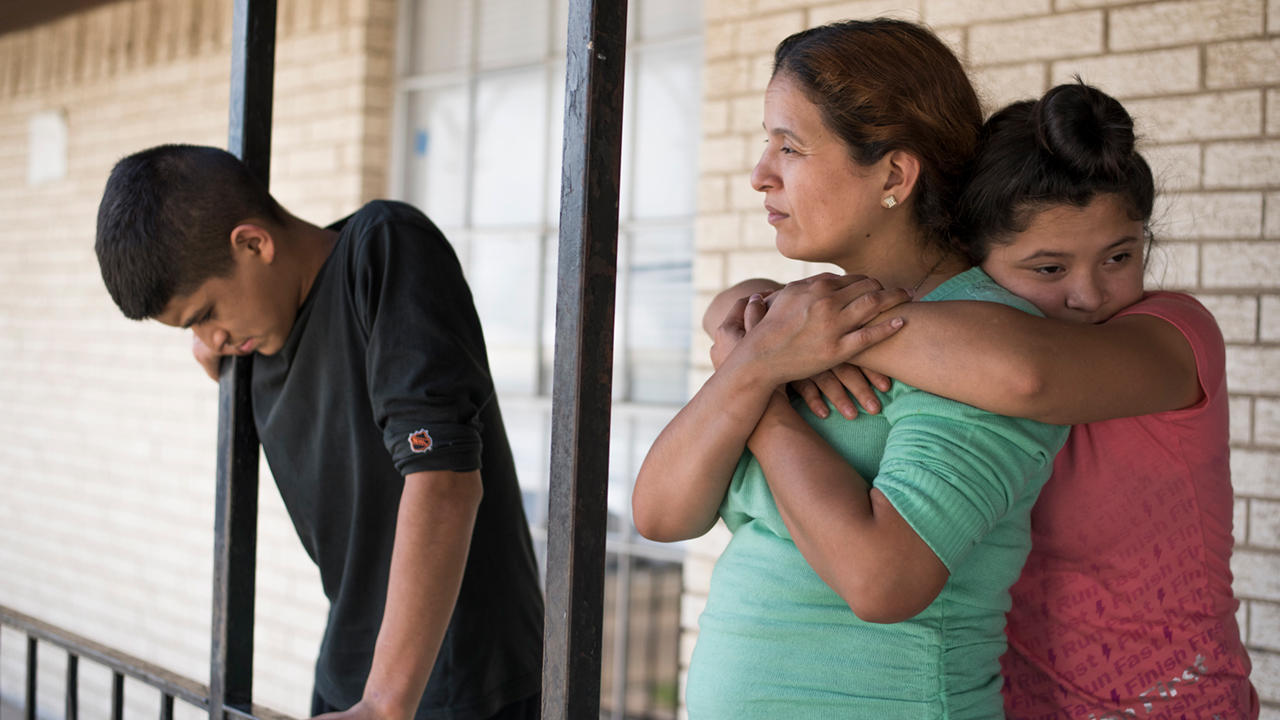This past Monday, a federal judge ruled — for the second time — that Texas’ voter ID law violates the Voting Rights Act.
“Texas passed the most restrictive voter ID law in the country — a law legislators knew would hurt black and Hispanic voters — without any evidence justifying it, and they broke all sorts of legislative rules and norms to do it,” said attorney Myrna Perez, representing the Texas NAACP.
Texas legislators are not alone. Since 2010, Republicans have passed an onslaught of voter restrictions across the country, fueled by spurious claims of voter fraud — claims that are themselves fraudulent, as numerous studies have concluded. In Texas, for example, the pretext for the state’s voter ID law was just 38 illegal voting cases — over the course of the last 12 years.
What’s more, many of those cases stem not from sinister conspiracies, but from confusion. That’s what happened to Rosa Ortega, who has a green card and has lived — and voted — in Dallas for over two decades. She was stunned when detectives confronted her in 2015 about checking the wrong box on a ballot, and even more stunned in February of this year when a jury sentenced her to eight years in prison for her mistake.
“Eight years for signing a piece of paper wrong,” said Ortega. “I didn’t know what I was doing. I don’t have a criminal record. Why am I the example?”
Ortega’s defense attorney, Clark Birdsall, says he thinks he knows the answer. With his claims that as many as 5 million illegal ballots cost him the popular vote, his calls for mass deportation, and his warning that his own election was rigged, President Trump has fostered “a sense of ill-will” toward minorities — an ill-will that helped “warp the perspective of the jurors,” Birdsall told The Washington Post.
Birdsall’s assessment is borne out by the case of another woman facing felony voting charges in Georgia. Unlike Ortega, Olivia Pearson was not accused of voting illegally. Instead, she was charged with illegally helping another voter, Diewanna Robinson, who says she was overwhelmed as a first-time voter by the unfamiliar voting machine.
Without Pearson, Robinson testified, she would not have been able to cast her ballot. There have been no allegations that Pearson influenced Robinson’s vote, and nothing improper has been found in Pearson’s own voting record.
But the jury almost convicted Pearson of felony voting charges anyway, blocked by just one juror, a young black woman, who refused to agree that Pearson was guilty of a crime. Pearson’s case, eventually declared a mistrial, was an attempt by prosecutors “to take us backward,” said Pearson’s attorney, Nefertara Clark.
The same push to “move us backward” is happening in states around the country. All kinds of discriminatory measures have metastasized in the decades-long attack on voting rights that was given new life by the Supreme Court’s gutting of the Voting Rights Act in 2012. Outside of state legislatures, groups are moving to sue poor counties for out-of-date voter rolls, while inside them, lawmakers are decreasing polling places and hours, purging voter rolls, and gerrymandering districts.
This week’s federal ruling against Texas’ voter ID law is encouraging. But in a country becoming steadily less white, it is not enough to bat down just one method that one state employs to keep voters of color away from the ballot box.
“Illegal voting” is a red herring. Protecting the right to vote requires constant and unrelenting commitment.
The Editors.
P.S. Here are a few more reads worth your time:
- It’s White America’s Job to Fight White Supremacism by Sarah Ruiz-Grossman for Huffington Post
- The coded language of the alt-right is helping to power its rise by Steven Petrow for The Washington Post
- When Conservatives Oppose “Religious Freedom” by Peter Beinart for The Atlantic
- Violent Misogyny Strikes Every Day, Just Read The News by Chloe Angyal for Huffington Post
SPLC’s Weekend Reads are a weekly summary of the most important reporting and commentary from around the country on civil rights, economic and racial inequity, and hate and extremism. Sign up to receive Weekend Reads every Saturday morning.



